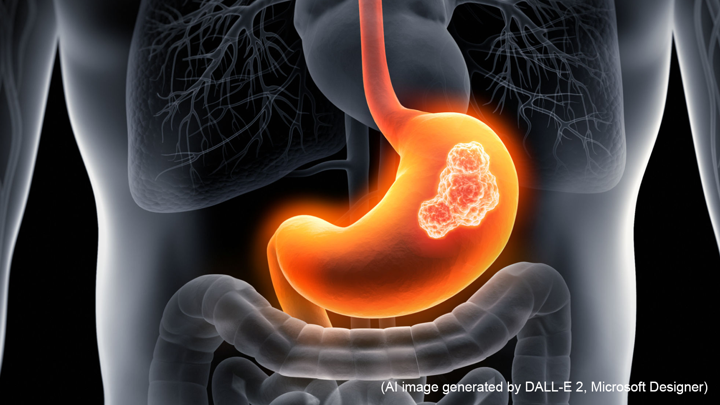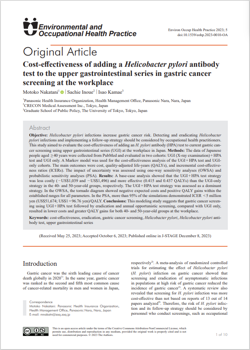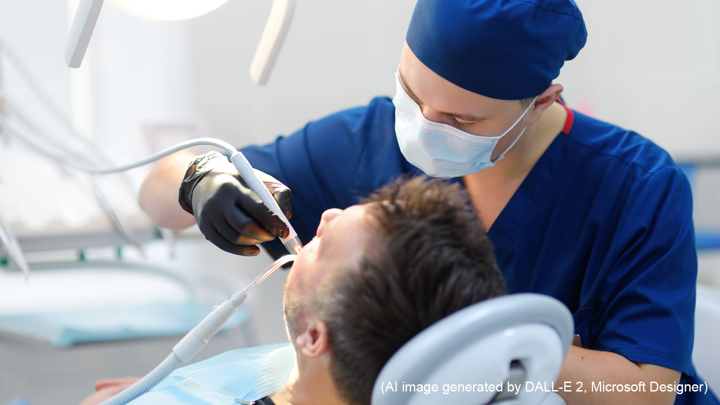#E0070 Helicobacter pylori infection increases gastric cancer risk

Helicobacter pylori infection increases gastric cancer risk
Gastric cancer is a significant cause of cancer-related deaths globally, particularly in Japan. Screening and eradicating Helicobacter pylori (H. pylori) infections in high-risk populations have demonstrated a reduction in incidences of gastric cancer. This study aimed to investigate the cost-effectiveness of gastric cancer screening at the workplace using upper gastrointestinal series (UGI) and H. pylori antibody (HPA) tests relative to UGI alone.
In this study, data was collected from Japanese individuals aged ≥40 years. The participants were divided into two cohorts: one undergoing UGI and H. pylori antibody testing and the other undergoing UGI only. Decision trees and a simplified Markov model were used to simulate disease progression and treatment outcomes. The main outcomes were cost, quality-adjusted life-years, and incremental cost-effectiveness.
Eradication treatment for current H. pylori infection was provided up to two times in the same year, and post-eradication and post-infection patients were followed-up with annual opportunistic screening, regardless of whether the eradication was successful or not. Participants with no abnormalities continued to undergo annual population-based UGI screening throughout their lives.
Economic evaluations of medical technology are generally conducted as data integration-type research using model analysis. Model analysis was used to predict and evaluate the long-term cost-effectiveness of treatment by simulating disease progression, prognosis, and costs and effects associated with treatment. The data of Japanese people aged ≥40 years were collected from PubMed and used in the study. This was based on the recommendations of the Manual on Cancer Screening in the Workplace (Ministry of Health, Labour, and Welfare, March 2018).
Gastric cancer management included treatment with endoscopic mucosal resection and routine surgeries, follow-up, and additional treatment depending on the cancer stage, as determined by an attending physician.
The UGI + HPA test strategy demonstrated lower costs and greater benefits than the UGI-only strategy in both the 40- and 50-year-old groups, as viewed from both the insurer’s and employer’s perspective. The cost savings associated with the UGI + HPA test strategy were higher for the 50-year-old group compared to those for the 40-year-old group from both perspectives.
This study highlights the importance of cost-effectiveness evaluation for future healthcare policies and provides useful insights for occupational health practitioners. The findings suggest that adding an HPA test to workplace gastric cancer screening is cost-effective, yielding greater quality-adjusted life-year gains than the UGI-only strategy for both the 40- and 50-year-old age groups.

Link to the original journal article:
https://www.jstage.jst.go.jp/article/eohp/5/1/5_2023-0010-OA/_article
Title of the paper:
Cost-effectiveness of adding a Helicobacter pylori antibody test to the upper gastrointestinal series in gastric cancer screening at the workplace
Authors:
Motoko Nakatani, Sachie Inoue, Isao Kamae




